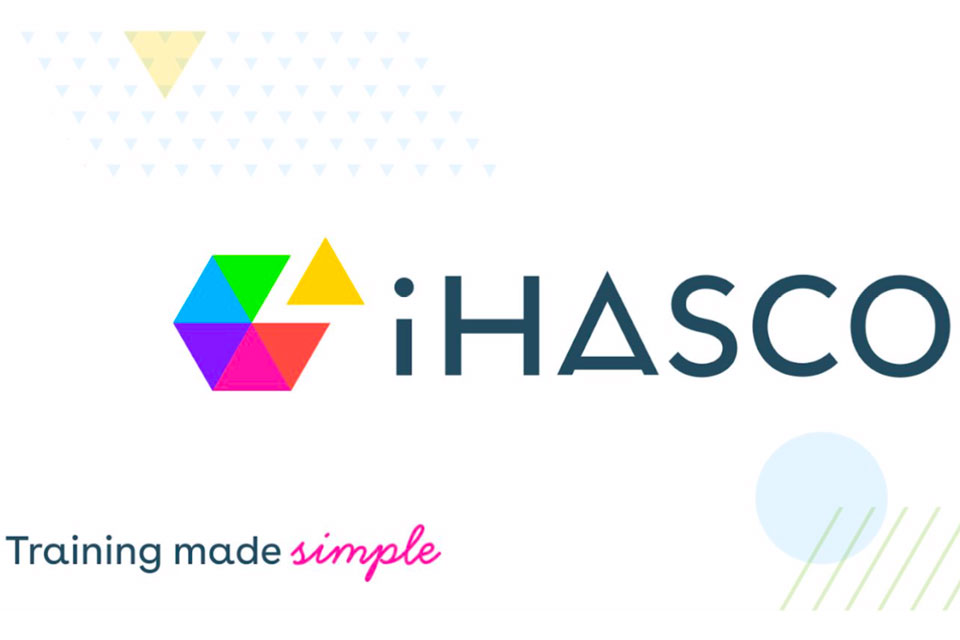The GDPR is a regulation designed to protect people’s personal data; so, the more data you hold, or the more personal the data you hold is, the more you have to do to comply with its requirements.
In the care industry, large amounts of very personal information are handled on a daily basis, so it’s crucial you know exactly how the GDPR applies to you and what you need to do.
Organisations which handle health data are at a higher risk of a breach, or at risk of a more serious breach if one occurs. To help mitigate this, any organisation which processes special categories of personal data on a large scale needs to appoint a Data Protection Officer (DPO).
Their job is to make sure the organisation understands and is fulfilling its GDPR obligations and to act as a spokesperson between the organisation, the ICO, and, if necessary, the general public.
But this does beg the question – Why is the GDPR so important for the Care Sector?
Put simply: Big fines is why. If you’re found to have failed in your duties under the GDPR you open yourself up to fines which range from £10-20 million or between 2% and 4% of global annual turnover.
But more than this, in the care sector, you’re handling very sensitive information which, if it was stolen, misplaced, lost, deleted, corrupted, or in any way made unusable, could cause a lot of damage. People’s private health data falling into the wrong hands could cause untold emotional damage and losing medication records and data could result in unsafe amounts of drugs being given to a patient – with potentially lethal outcomes.
All in all, the care sector has, and needs, a great deal of control and power over people’s personal data in order to offer the services people rely on every day. But, with that great power comes a great…responsibility.
Looking for an quick, effective way of training your staff in data protection and working towards compliance with the GDPR? Why not try iHASCO’s GDPR Essentials Training for free today?







